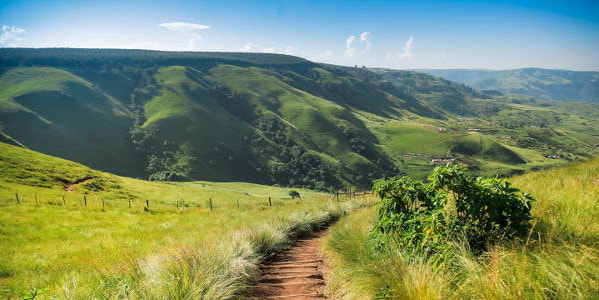In response, he was granted French citizenship and given a job as a firefighter.
As a reward, he was granted French citizenship.
It is right for society to reward those who risk their lives for the sake of someone else. But what makes these stories unique is not the bravery of the rescuers, but the fact that they were immigrants.
In the following piece, writer and photographer Teju Cole, himself the child of Nigerian immigrants to the US, challenges the congratulatory narrative that typically surrounds these stories and asks us to face larger questions about the way we conceptualize immigrants in our culture:
"The extraordinary courage of Lassana Bathily, an immigrant from Mali, saved six lives during a terrorist attack at a kosher supermarket at the Porte de Vincennes in 2015. He was rewarded with French citizenship by the French president, François Hollande.
But this is not a story about courage.
The superhuman agility and bravery of Mamadou Gassama, an immigrant from Mali, saved a baby from death in the 18th Arrondissement in May 2018. He was rewarded with French citizenship by the French president, Emmanuel Macron.
But this is not a story about bravery.
The superhuman is rewarded with formal status as a human. The merely human, meanwhile, remains unhuman, quasi-human, subhuman. Gassama crossed the Mediterranean in a tiny boat — that was superhuman, but no one filmed that, he remained subhuman, and there was no reward.
Such is Empire’s magnanimity. Merci, patron. Je suis tellement reconnaissant, patron.
The hand that gives, it is said in Mali, is always above the hand that receives. Those who are hungry cannot reject food. Not only those who are hungry but those who have been deliberately starved. But soon come the day when the Hebrews will revolt and once and for all refuse Pharaoh’s capricious largesse.
Hospitality."

 RSS Feed
RSS Feed
